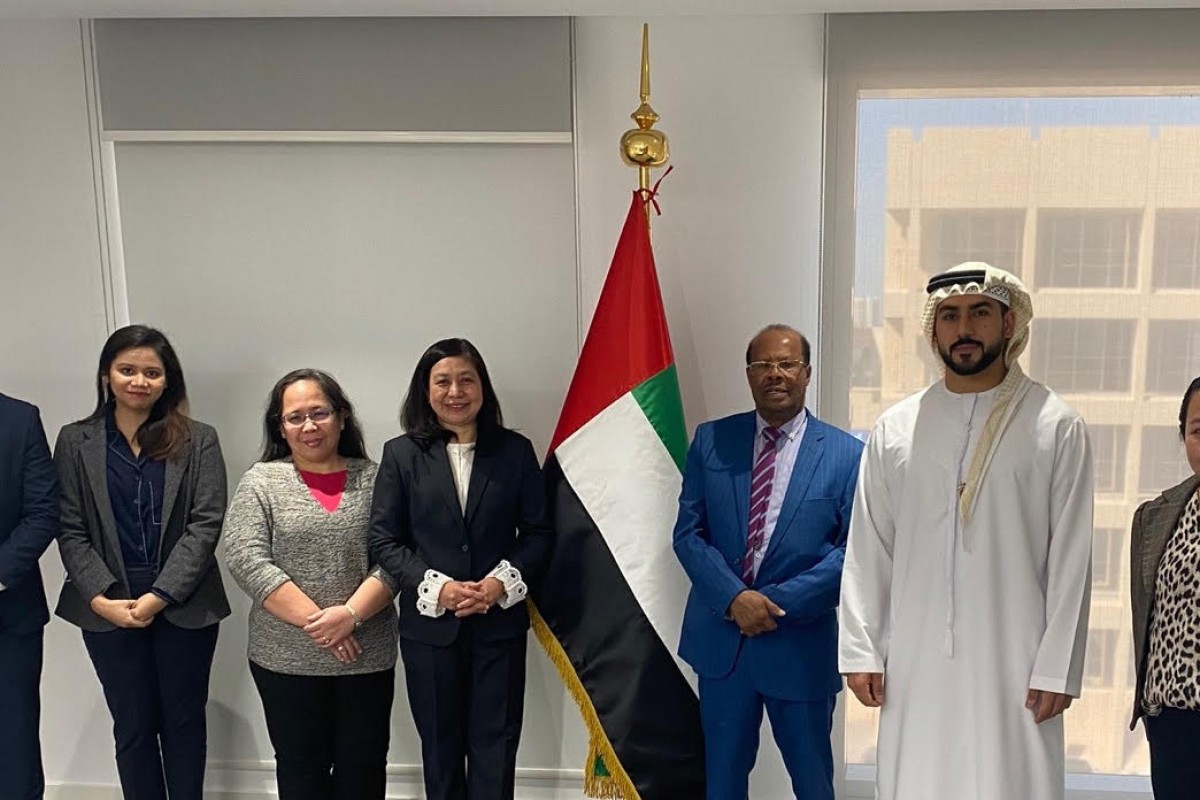MANILA -- The Philippines eyes stronger economic relationship with UAE as they recently concluded negotiations for an investment promotion and protection agreement and announced the start of negotiations for the Comprehensive Economic Partnership Agreement with the UAE, coinciding with the Philippines' National Day at Expo 2020 Dubai on 11 February 2022.
Trade and Industry Secretary Ramon Lopez, during the Opening Ceremony at the Filipino-filled Al Wasl plaza, stated that, “these bilateral agreements are both important and significant because they denote a commitment from both countries to work together to deepen cooperation and stimulate business initiatives on the basis of mutual benefit.”
Jumping off from a virtual meeting early 2021 between BOI Managing Head and DTI Undersecretary Ceferino S. Rodolfo and UAE Ministry of Finance Undersecretary Younis Haji Al Khoori, the respective delegations of both countries thereafter held meetings to forge an investment agreement. The conclusion of the investment agreement signifies an important step in the Philippines' efforts to be a strategic hub for investments from the Middle East, alongside the official announcement to start negotiations for the Comprehensive Economic Partnership Agreement with the UAE.

The IPPA will serve as a framework for the protection of investments between the countries. This will also further broaden investment opportunities for vital industries in the Philippines such as agribusiness/agriculture, energy efficiency technologies and renewable energy, infrastructure, IT-BPM shared services, oil and gas, and tourism, among others.
The Philippines is well-positioned for foreign investment as it works towards facilitating a favourable investment climate by liberalizing economic policies and easing foreign investment restrictions through key legislations.
For instance, the CREATE Act provided competitive tax and incentive regimes by lowering the corporate income tax from 30% to 25%. The amended Retail Trade Liberalization Act (RTLA) lowered the capitalization requirement for foreign retailers from USD 2.5M to P25M and lowered the investment requirement per store to PHP10M.
The bill amending the Public Service Act classifies the term "public utility" only to six (6) sectors while opening up several key sectors to foreign investors such as telecommunications and transportation. The amendments to the Foreign Investment Act likewise relaxed the rule on firm size and minimum employment requirement for enterprises that involve advanced technology.
These legislations will boost competition, develop new industries, introduce innovation, and provide customers more access to cheaper and better goods.




